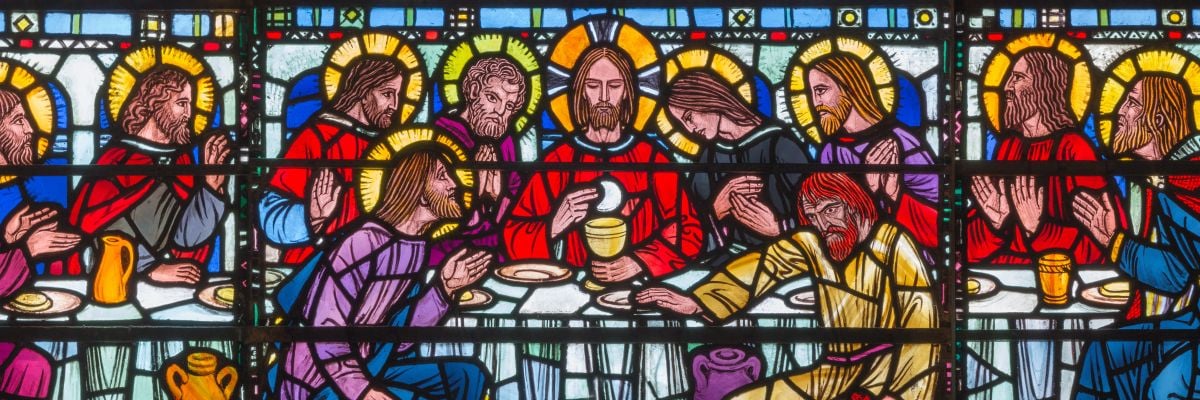
Question:
Answer:
Jesus didn’t say “my flesh” is of no avail but “the flesh.” We know he couldn’t have meant his flesh since he explained six times in verses 54-58 that his flesh would bring eternal life. Jesus wouldn’t contradict himself.
“The flesh” is a New Testament phrase that is often used to describe human nature apart from God’s grace (Mark 14:38, Rom. 8:1-14, 1 Cor. 2:14-3:1). What Jesus means is that without God’s grace, belief in the Eucharist is impossible. If his disciples are to believe his teaching, they must avail themselves of that grace.
Jesus’ words are of the Spirit and therefore can be accepted only by the power of the Spirit. This is why Jesus puts the command to eat his flesh and drink his blood within the bookends of his teaching: “No one can come to me unless the Father who sent me draws him” (v. 44) and “no one can come to me unless it is granted him by the Father (v.65).
Therefore, Jesus’ teaching that “the flesh is of no avail” does not contradict the literal interpretation of Jesus’ command to eat his flesh.



